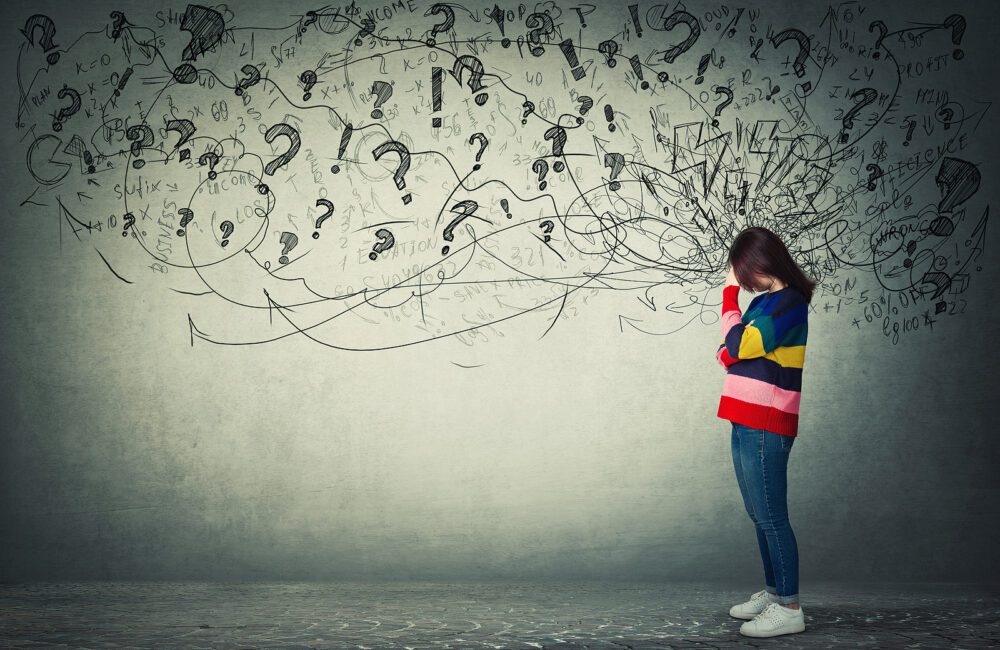Coping with the Stigma Around PTSD: It’s Not Your Fault
It is estimated that around 12 million US adults suffer from PTSD, which is a staggering statistic. What is even more concerning is that many people who have PTSD go undiagnosed and may avoid seeking treatment—so that figure could potentially be even higher.
One reason that so many avoid seeking help is that they may want to avoid the stigma of PTSD. So, let’s take a look at what PTSD is, what the stigma is, and how you can cope with this prevalent issue if you have PTSD.
What Is PTSD?
PTSD stands for post-traumatic stress disorder. This is a severe anxiety disorder that can be caused by traumatic, stressful, horrifying or distressing events in a person’s life. It may not have directly happened to the individual, as you can suffer from PTSD after being witness to such an event.
With PTSD, sufferers may go through intense feelings of anxiety and depression, and may suffer from panic attacks, flashbacks, nightmares and other symptoms that make them feel like they are re-living the event that took place. This can be incredibly distressing to go through and can make day-to-day life very difficult.
The symptoms of PTSD may be lessened over time with therapy, counseling, and medication. However, as PTSD can have a lasting effect, and can severely impact someone’s mental health, many do not come forward for treatment, and may self medicate or hide their symptoms due to the stigma that surrounds having PTSD.
What Is the Stigma Around PTSD?
“Stigma” is the term we use for the association of negative beliefs and qualities with suffering from a mental illness. For instance, many people do not wish to be labeled as someone with a mental illness because they worry they may be seen as broken or weak, leading to shame and embarrassment.
Some people are even worried about coming forward with mental issues as it could damage their careers, relationships and how people treat them. A recent study showed that 43% of those affected admit to thinking that having a psychological issue would make others not want to be around them.
How to Cope with the Stigma Around PTSD
The stigma around PTSD can lead to individuals feeling low self-esteem, which can lead to them believing that they’re not able to work efficiently, live an independent lifestyle, or look after themselves. This can only make depression and PTSD worse.
What you need to understand is that the thing that happened to you that led to your PTSD happened to you. It’s not something you could have prevented or changed, and you’re certainly not at fault or any weaker as a person because of it.
The important thing to remember with having PTSD is that you’re not alone, and it’s not your fault. Having a mental health condition is nothing to be ashamed of, and it’s okay to seek help. With the right treatment, you can begin to move forward with your life.
If you speak to someone, whether that’s a therapist, a trusted friend, a family member or a support group member, you can begin to end the stigma and work through your trauma together.
Having PTSD should not mean that you are treated any differently than any other person. With the right treatment, whether that is through medication, therapy or counseling, you can begin to end the stigma around mental health issues and move forward in your recovery. It is paramount that if you or anyone you know is suffering with PTSD that you seek the help of a licensed therapist or counselor for guidance.

